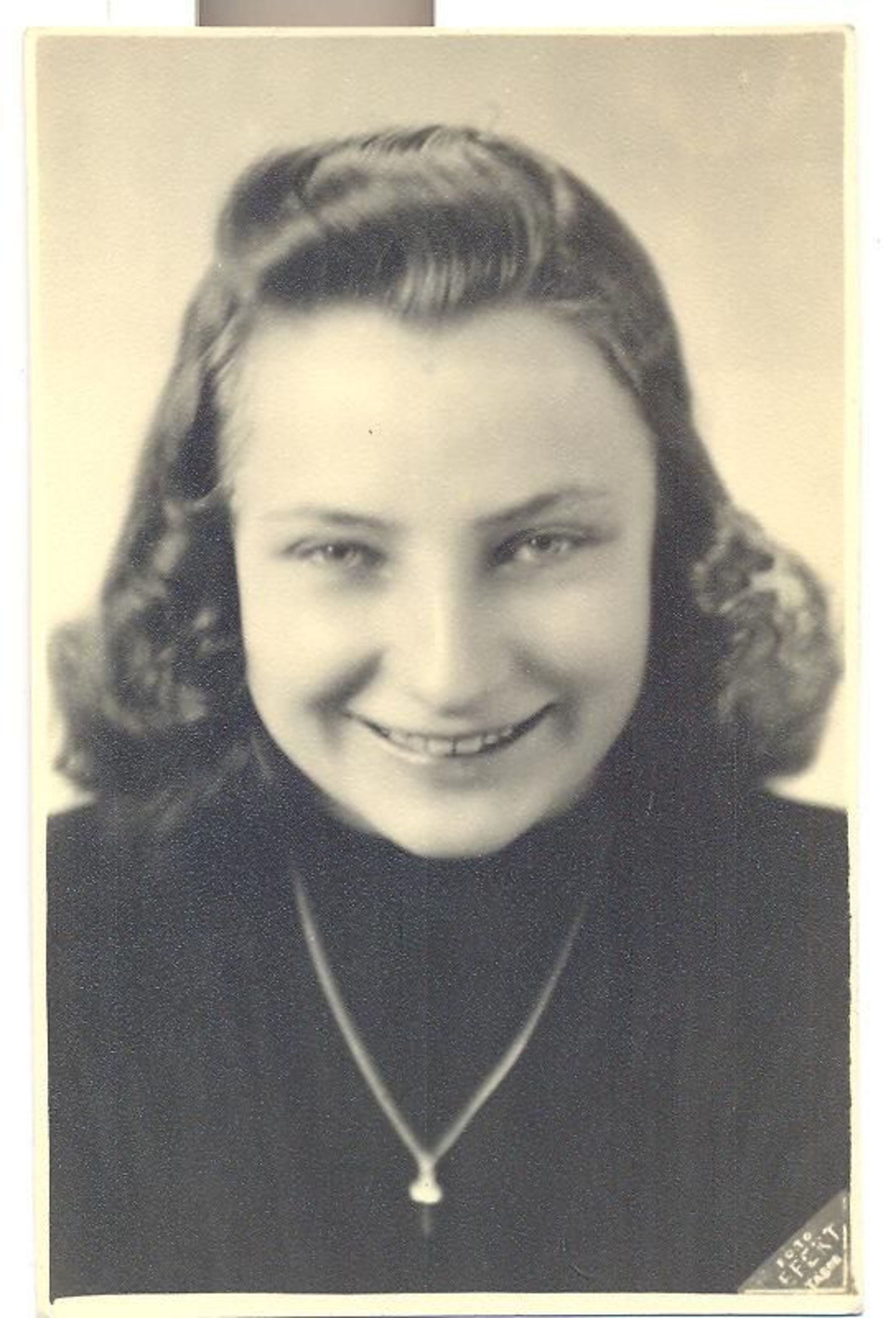Russians considered us prey
Vlasta Faktorová was born on February 7th, 1923 in Sedlčany. Her father was a cobbler at the Vienna court before the World War; after the establishment of the Republic he returned to Sedlčany, where he got married. Vlasta studied at the academy of commerce in Tabor and graduated in March 1943. Graduation was organised prematurely, so that students could go to work in Germany. With the help of her friends Vlasta Factorová managed to get a job in the Czech Republic. In August of the same year the residents from Sedlčany had to move out, because the city was located in the territory of a new Waffen-SS training area. Vlasta’s family received accommodation in Kamýk nad Vltavou in the apartment belonging to her employer. In their house in Sedlčany they were hiding the shoes from her father’s shop; he got seriously injured during the action and was in the hospital during their move. In September the same year her older sister became ill and was taken to Prague Bulovka. On All Saints Day all displaced residents were allowed to visit the cemetery in Sedlčany. In Kamýk, Vlasta experienced liberation by the US Army and also experienced thefts and violence by Russian soldiers. Russian officers were accommodated by families, and they acted silimarly to the soldiers. At that time Vlasta’s sister died in Prague. The family found their house in the Sedlčany looted. Vlasta Faktorova remembers the Germans as nice and tidy people.



















